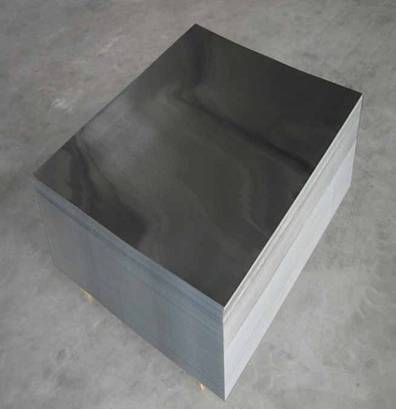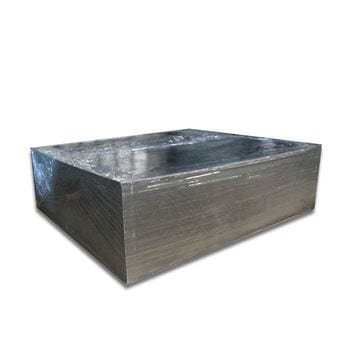Hexavalent chromium is used worldwide for the passivation of container steel. That is, it is the process by which the growth of tin oxide in tinplate is controlled. Some of these compounds have been designated as substances of concern in the EU. As a result, they have already been included in the REACH authorization list, which means that their use is subject to a time-limited review.
The ultimate goal is none other than its elimination from all uses and at the same time to allow a transition to alternative technologies, which would also include the tinplate manufacturing process. This passivation technology will be phased out in the EU as new replacement technologies are adopted.
One of the alternatives is CFPA (Chromium Free Passivation Alternative), an innovative food contact compatible tinplate passivation system that has been in commercial production since 2019. It is 100% free of hexavalent chromium and offers the same functionality as the much more environmentally sustainable chromium-based passivation.
Another advantage is that through CFPA, which is applied over the tin, the protective coating stabilizes the tin oxide similar to traditional chrome passivation, preventing further surface oxidation and maintaining product performance.
The use of CFPA will not adversely affect the shelf life of products packaged in steel, which can maintain food safety and preserve nutrients longer than any other packaging. CFPA is commercially available and is currently undergoing qualification packaging trials with can manufacturers.












